Small and Medium-sized Enterprises (SMEs) often face the challenge of implementing soft skills development programs due to resource limitations. However, it is crucial to recognize that these skills are as important for the success of an SME as they are for a large corporation. Here, we present some strategies that can help SMEs implement these programs effectively:
Identify the specific needs:
- Gap Analysis: Conduct an analysis of your team’s current skills and compare them with the skills needed to achieve your business objectives.
- Employee Feedback: Ask your employees to identify the areas in which they wish to improve.
- Workplace Climate Surveys: Identify interpersonal or communication challenges that may be affecting the team’s performance.
Design Personalized and Flexible Programs:
- Microlearning: offer short, focused sessions on specific topics, leveraging online platforms or videos.
- Peer mentoring: foster learning among employees by pairing individuals with different experiences and skills.
- Practical workshops: organize interactive workshops where employees can practice the skills they’ve learned.
- Books and online resources: recommend readings and online resources that complement the training programs.
Leverage existing and available resources:
- Turn to negotiation experts: there are professional negotiators dedicated to teaching, and you can rely on them.
- Online platforms: there are numerous platforms that offer reasonably priced courses in soft skills.
- Local universities: many universities offer extension programs or short courses at affordable prices.
- Chambers of commerce: they can offer workshops and conferences on topics related to skills development.
Foster a Culture of Learning:
- Recognition: recognizing and rewarding employees’ efforts to develop their skills.
- Leadership, for example: leaders must serve as role models by demonstrating the skills they wish to foster in their teams.
- Learning spaces: creating a work environment where employees feel safe to experiment and make mistakes.
Measure the Impact:
- Encuestas de satisfacción: evaluar la percepción de los empleados sobre los programas de formación.
- Indicadores de desempeño: medir el impacto de los programas en indicadores clave como la productividad, la satisfacción del cliente y la rotación de personal.
Examples of Soft Skills to Develop in SMEs:
- Effective communication: active listening, clear expression, conflict resolution.
- Teamwork: collaboration, group problem solving, delegation.
- Leadership: motivation, decision-making, delegation.
- Adaptability: change management, flexibility, critical thinking.
- Emotional intelligence: self-awareness, empathy, emotion management.






0 Comments